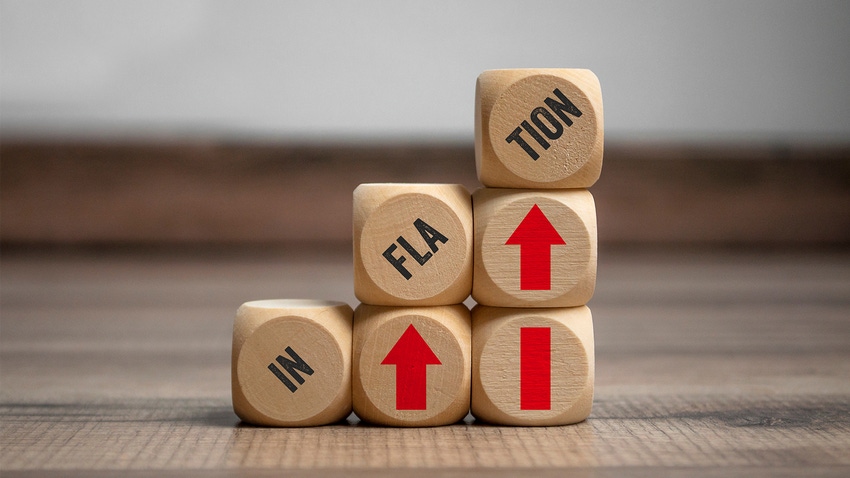Q3 results show ethical investments, inflation top of mind for big F&B CPG brands
Ethical initiatives and sustainability take priority as potential drivers of growth at food and beverage brands like Nestlé and Unilever.

At a Glance
- Nestlé and Unilever highlighted a priority on ethical and sustainable initiatives in the brands’ Q3 earning results.
- Inflation remains a focal point for both companies, which representatives said are driving price increases.
- Both companies are investing in their top brands, with Nestlé focusing on nutritious products and Unilever on sustainability.
Major food and beverage brands, including Nestlé and Unilever, highlighted a priority on ethical and sustainable initiatives in the brands’ Q3 earning results. Inflation, too, remains a focal point.
According to Mark Schneider, CEO of Nestlé, the company in its Q3 results has “strengthened” its nutrition strategy and “stepped up” its efforts to help people follow a more balanced diet.
As part of its efforts, the company improved front-of-pack labeling to provide clear portion guidance, improved transparency of the nutritional value of its products and also revamped its policies related to marketing to children, Schneider said.
Further, Nestlé set an “ambitious target” to grow the sale of its nutritious products by $22.9-28.6 billion by 2030, he added.
Nestlé reported organic growth of 7.8% in Q3—driven by price increases caused by inflation. The company reported overall price growth of 8.4%, while total sales decreased 0.4% compared to 2022, reaching $78.9 billion for the nine months ending September 2023.
“Growth was driven by pricing as we continued to navigate historic inflation levels,” Schneider said. “The recovery of our volume and mix is underway. We are seeing the benefits of our portfolio optimization initiatives and increasing marketing investments behind our billionaire brands. These steps underpin our confidence that real internal growth, the sum of volume and mix will turn positive in the second half of the year and again become the main driver of growth going forward.”
Nestlé’s confectionery category saw double-digit growth, while coffee, infant nutrition and dairy reported significant single-digit growth.
Unilever, in Q3 earning reports, highlighted an emphasis on sustainability.
Hein Schumacher, CEO of Unilever, unveiled in the company’s Q3 report an “action plan” to drive growth and performance. Unilever reported underlying sales growth of 5.2%, price growth of 5.8% and a volume decline of 0.6%.
“...Our performance in recent years has not matched our potential,” Schumacher said in the statement. “The quality of our growth, productivity and returns have all under delivered.”
The action plan will focus on Unilever’s top 30 brands, which drive 70% of its business, according to the company. Among Unilever’s top 30 brands are Hellmann’s, Magnum, Knorr, Horlicks, Ben & Jerry’s, Cornetto and Wall’s.
One way the company plans to drive popularity of its top brands is to invest in making them more sustainable, Schumacher explained.
“Winning the hearts and minds of consumers requires us to broaden the way we measure and deliver superiority,” he said in a video update. “By including other key attributes alongside product and price, we can give proper weight to increasingly important determinants, like desirable packaging and to sustainability, which is key now for many consumers. That’s why we’ll continue to convert our strong knowhow in this area into products that mitigate or, even better, eliminate environmental impact.”
The company attributed strong growth of its Hellmann’s brand to the continued rollout of its vegan and flavored mayonnaise products and its “make taste not waste” campaign.
Unilever’s nutrition category saw underlying sales growth of 5.6%. Price growth of 9.8% helped to offset a volume decline of 3.8%, which the company attributed to double-digit volume decline in Europe.
Ice cream sales dipped 2.8%, with price growth of 8.2% and a volume decline of 10.1%. Per Unilever, the volume dips were caused in part by consumers opting for value formats, another side effect of high inflation at the grocery store.
About the Author(s)
You May Also Like






